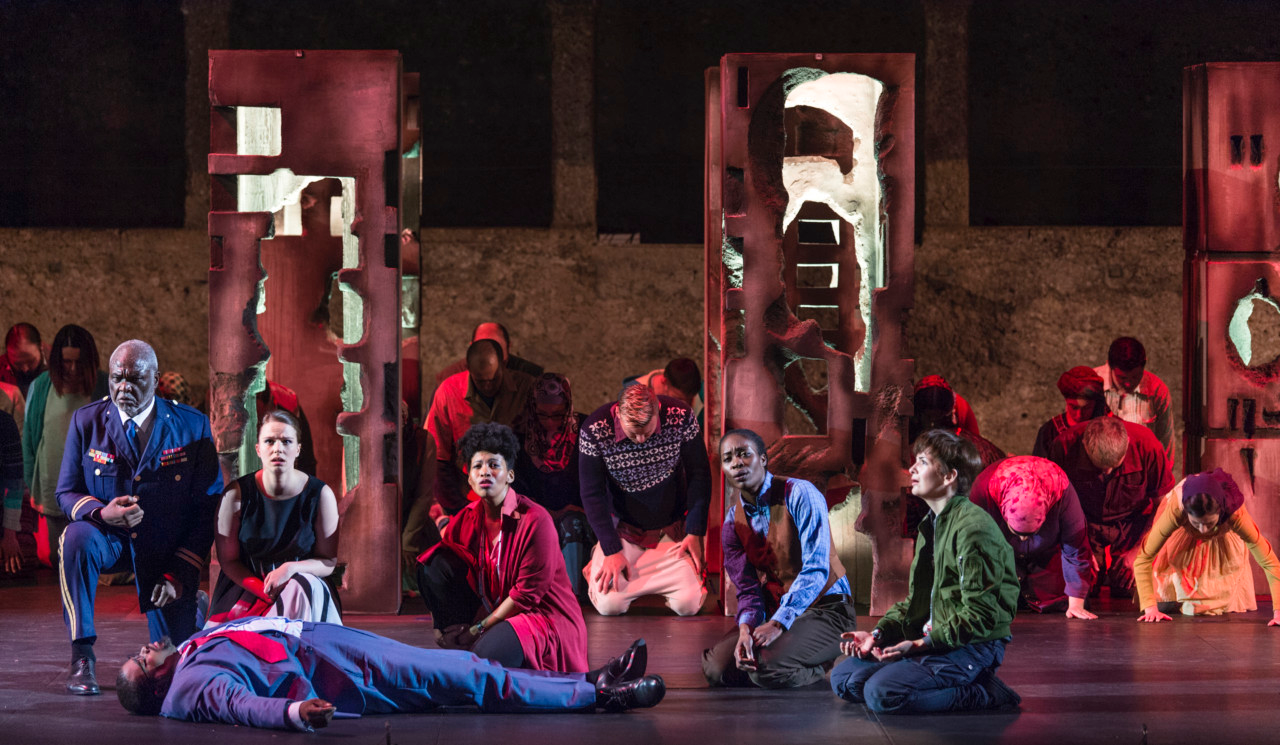Theater, at its core, is storytelling in its most immersive form. While actors, directors, and stage designers play visible roles, dramaturgs work behind the scenes, refining the narrative’s essence and historical context theater. They are the guardians of the play’s authenticity, ensuring that every element aligns with the playwright’s vision.
Navigating History and Context
Dramaturgs are historians and researchers, diving into the depths of time to understand the societal, cultural, and political landscapes in which the play is set. By comprehending the historical context, they enrich the production, allowing audiences to immerse themselves fully in the story’s world.
Character Exploration and Development
Characters are the heartbeat of any play. A dramaturg meticulously dissects their motivations, complexities, and relationships. They help actors grasp the nuances, enabling a more profound and authentic portrayal. Their insight brings depth to the characters, making them relatable and compelling.
Narrative Crafting and Cohesion
Crafting a cohesive narrative is an intricate task. Dramaturgs polish the storyline, ensuring its flow, coherence, and resonance. They focus on pacing, structure, and thematic elements, stitching together a tapestry that captivates and resonates with the audience.
Innovative Interpretation and Adaptation
In an ever-evolving world, classic plays often find new life through innovative interpretations. Dramaturgs contribute by offering fresh perspectives, reimagining narratives to resonate with contemporary audiences while preserving the essence of the original piece.
Educational Outreach and Community Engagement
Beyond the stage, dramaturgs engage with communities through workshops, discussions, and educational programs. They bridge the gap between the production and the audience, fostering a deeper understanding and appreciation of theater as an art form.
Challenges and Future of Dramaturgy
Despite its pivotal role, dramaturgy often operates in the shadows, underappreciated and overlooked. Financial constraints in theater sometimes limit the resources allocated to this crucial aspect of production. However, recognizing its significance can lead to a brighter future for theater, ensuring richer, more profound performances.
Closing Act: Embracing the Hidden Gem
Dramaturgy is the quiet force that amplifies the theatrical experience. Its significance lies in its ability to transform a mere script into a captivating narrative, resonating with audiences on multiple levels. As theater evolves, acknowledging and celebrating the role of dramaturgy can elevate the art form to new heights, ensuring that the hidden gem shines brightly on stage.
In the realm of theater, dramaturgy is indeed the unsung hero, deserving of recognition and applause for its invaluable contributions. The next time you’re captivated by a play’s intricate storytelling or moved by a character’s depth, remember the hidden gem behind the curtains—the dramaturg.
